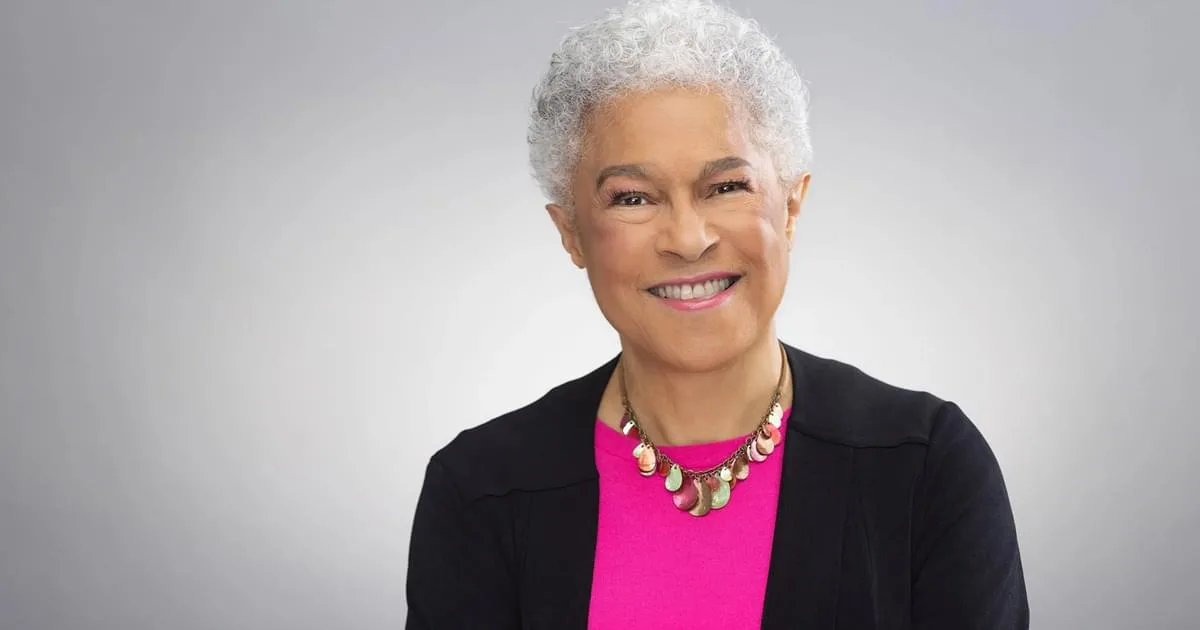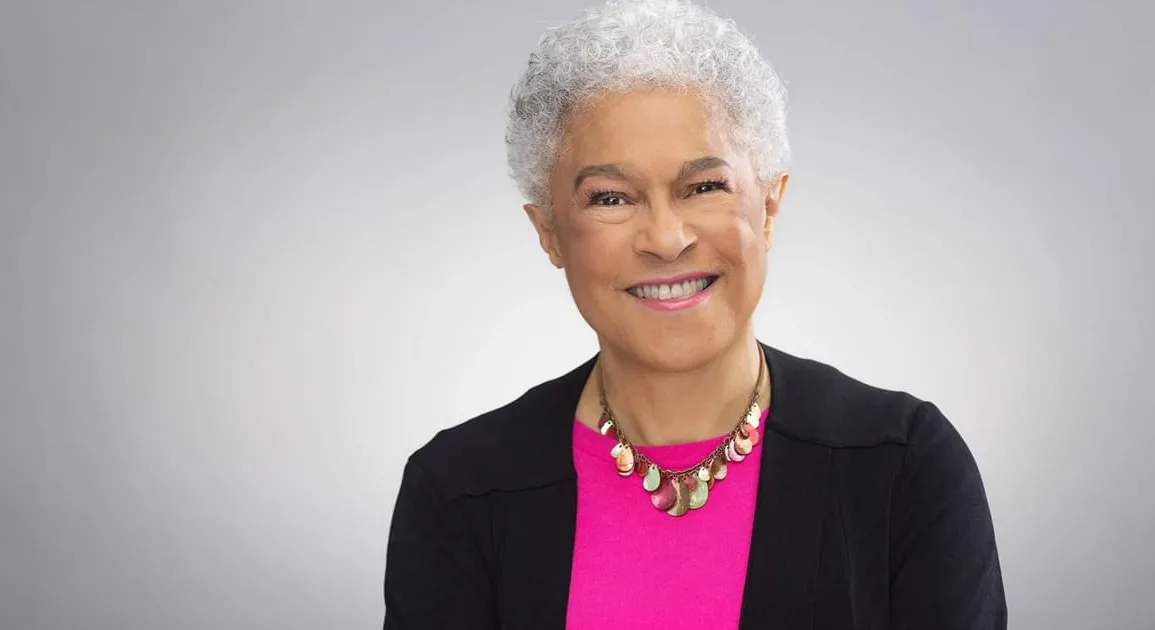
A University of Maryland scholar known for her pioneering research on the intersections of race, gender, social class and sexuality has received the Berggruen Prize for Philosophy, a $1 million award for advancing powerful ideas that help shape our world.
Patricia Hill Collins, a Distinguished University Professor emerita, has focused on how those intersections create unique experiences and perspectives for individuals—especially Black women—as well as shared experiences and perspectives on the human condition.
The winner of the prize, established in 2016 by philanthropist Nicolas Berggruen, is selected from a list of nominees by an independent jury of internationally recognized authors, philosophers, economists and Nobel Prize laureates. Past honorees included the late Dr. Paul Farmer, a medical anthropologist based at Harvard University, and Supreme Court Justice Ruth Bader Ginsburg.
“The range of emotions I felt upon learning of this award was quite broad; at times, it brought me to tears,” she said. “I’ve been doing this work for decades, and I haven’t done this work on social justice, issues of equity and social inequality because it’s glamorous or trendy. It’s just something I’ve done without any expectation that I would receive an award like this.”
Collins described herself as someone who was never expected to do intellectual work. She was born in Philadelphia to a factory worker and secretary, and was the first in both her extended family to graduate from college; she earned her bachelor’s in sociology from Brandeis University, then an M.A. in teaching from Harvard University and a Ph.D. in sociology from Brandeis.
[Alumnus Receives National Medal of Technology and Innovation]
While teaching at the University of Cincinnati, where she worked in the Department of African American Studies for 23 years, Collins wrote the groundbreaking book “Black Feminist Thought,” which was eventually translated into numerous languages, and went on to receive the American Sociological Association’s Jessie Bernard Award for significant scholarship in gender, and the C. Wright Mills Award of the Society for the Study of Social Problems. It almost didn’t see the light of day: Collins’ London publisher was purchased by a larger corporation just before her book launch, and the entire team she had been working with was fired.
“I was very discouraged by that, but during that first year I experienced a groundswell of support from ordinary people who kept the book alive. The themes that I developed throughout my career are themes that I introduced in that particular book, and that is the book that has traveled far beyond the experiences of Black women.”
Collins broadened her scope in subsequent works including “Black Sexual Politics: African Americans, Gender, and the New Racism,” “Fighting Words: Black Women and the Struggle for Justice” and her latest book, “Lethal Intersections.”
Collins has also published in many journals, including the Journal of Speculative Philosophy, Qualitative Sociology, Ethnic and Racial Studies, the American Sociological Review, Signs: Journal of Women in Culture and Society, Sociological Theory, Social Problems and The Black Scholar.
“Dr. Collins’ books and other works have in part shown how intersecting inequalities occur simultaneously and underlie systems of power. This work has challenged countless social scientists to assess how we measure consequences of oppression and define what constitutes knowledge,” said Jeff Lucas, professor and chair of the Department of Sociology. “The department could not be more grateful to Dr. Collins for her contributions to the field, nor more delighted for her to have received this very well-deserved award.”
Collins joined the UMD Department of Sociology faculty in 2005, a move she made so she could work with more doctoral students. She remembers her graduate students fondly—and believes she wouldn’t have been named the 100th president of the American Sociological Association in 2008 had she not come to College Park.
“This award is a testament to the positive impact that Dr. Collins has had on not only the sociology and African American studies fields, but on the social sciences more broadly,” said Susan Rivera, dean of the College of Behavioral and Social Sciences. “The college is very fortunate to have had Dr. Collins leave her impact on its faculty, staff and especially students.”
Collins plans on dedicating some of the prize money to a variety of libraries and library initiatives, a decision largely inspired by her belief that if it were not for her ability to access a good public library system, she would not have become a professor. She also plans to give back to the American Sociological Association’s Minority Fellowship Program, which supported her during her graduate studies.
“When other people help you, it’s important to help them,” she said.


